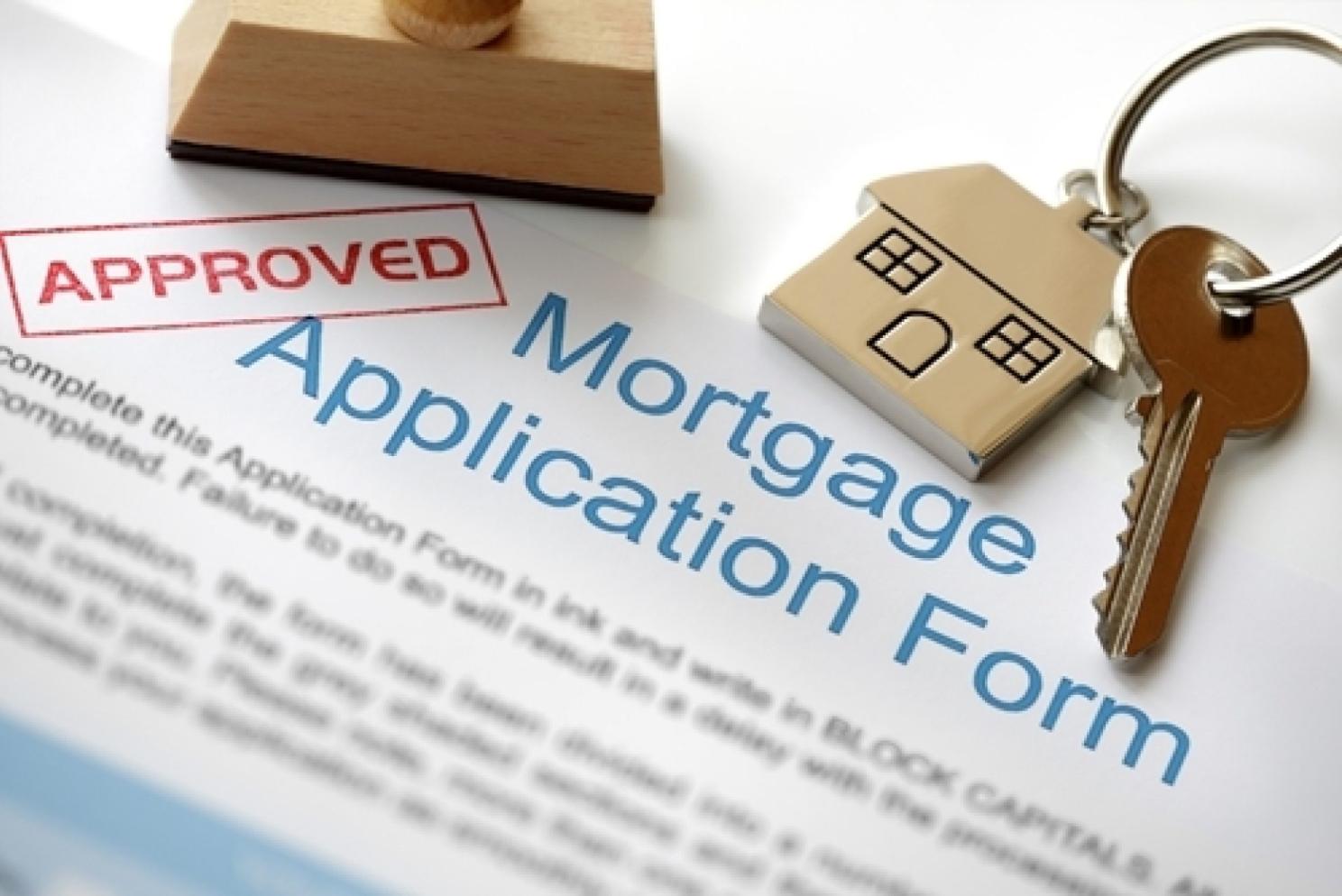Fixed-Rate vs. Adjustable-Rate Mortgages: Which One Is Right for You?
When it comes to buying a home, one of the biggest decisions you'll make is choosing the right mortgage. There are two main types of mortgages: fixed-rate and adjustable-rate mortgages (ARMs). Each type has its own advantages and disadvantages, so it's important to understand the differences before making a decision.

Fixed-Rate Mortgages
With a fixed-rate mortgage, the interest rate remains the same throughout the life of the loan. This means that your monthly payments will be consistent and easy to budget for. Fixed-rate mortgages are often seen as the more stable and predictable option, as you won't have to worry about your interest rate fluctuating.
Pros Of Fixed-Rate Mortgages:
- Predictable Payments: The interest rate remains the same throughout the life of the loan, so your monthly payments will be consistent and easy to budget for.
- Stability: No surprises with interest rate fluctuations. Peace of mind knowing exactly how much you owe each month.
- Long-Term Savings: If interest rates rise, you may end up paying less in interest over the life of the loan compared to an ARM.
Cons Of Fixed-Rate Mortgages:
- Higher Initial Interest Rate: Fixed-rate mortgages often have higher initial interest rates compared to ARMs. This can result in higher monthly payments in the early years of the loan.
- Limited Flexibility: Once you lock in a fixed interest rate, it cannot be changed during the life of the loan. If interest rates drop, you won't benefit from the lower rates.
Adjustable-Rate Mortgages (ARMs)
With an adjustable-rate mortgage, the interest rate can change over time. This means that your monthly payments could increase or decrease, depending on the market conditions. ARMs typically have lower initial interest rates than fixed-rate mortgages, but there is the risk that your interest rate could increase in the future.
Pros Of Adjustable-Rate Mortgages (ARMs):
- Lower Initial Interest Rate: ARMs typically have lower initial interest rates compared to fixed-rate mortgages. This can lead to lower monthly payments in the early years of the loan.
- Potential for Lower Long-Term Interest Rates: If interest rates fall, you could end up paying less in interest over the life of the loan compared to a fixed-rate mortgage.
- Flexibility: Some ARMs allow you to adjust the interest rate and monthly payments periodically, potentially saving you money if rates drop.
Cons Of Adjustable-Rate Mortgages (ARMs):
- Interest Rate Risk: ARM interest rates can increase over time, leading to higher monthly payments. This can make it difficult to budget and plan for the future.
- Payment Shock: If interest rates rise significantly, your monthly payments could increase substantially, potentially causing financial hardship.
- Limited Predictability: The future interest rate and monthly payments are uncertain with an ARM, making it harder to plan long-term finances.
Which Type Of Mortgage Is Right For You?
The best type of mortgage for you will depend on your individual financial situation and goals. If you're looking for stability and predictability, a fixed-rate mortgage may be a good option. However, if you're willing to take on some risk in exchange for the potential to save money, an ARM could be a good choice.

It's important to talk to a mortgage lender to get personalized advice on which type of mortgage is right for you. They can help you compare interest rates, terms, and fees to find the best loan for your needs.
YesNo

Leave a Reply